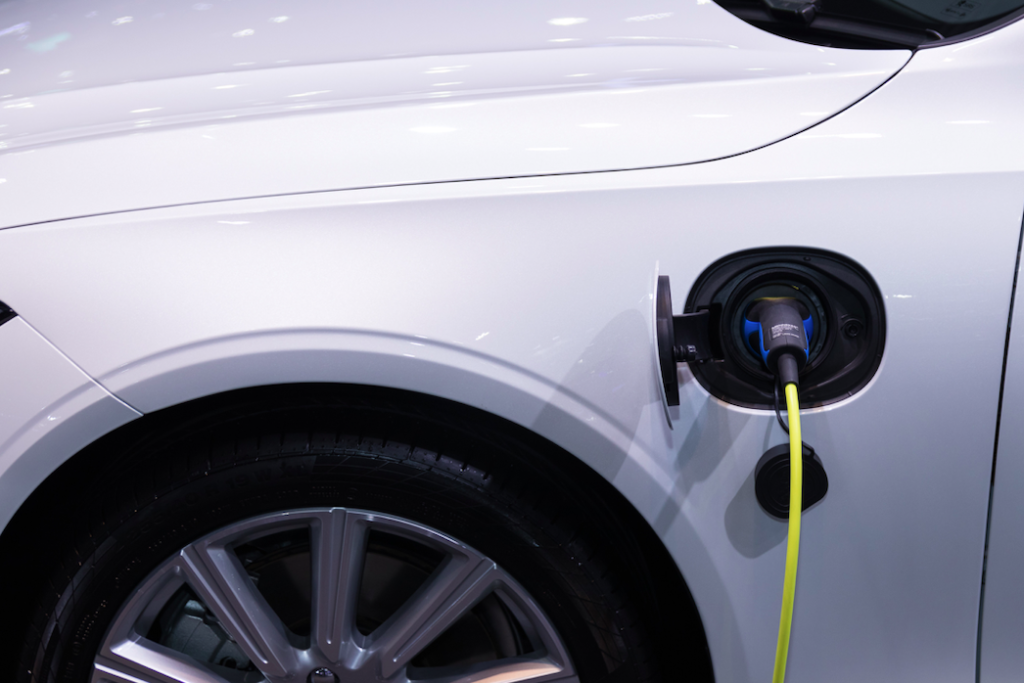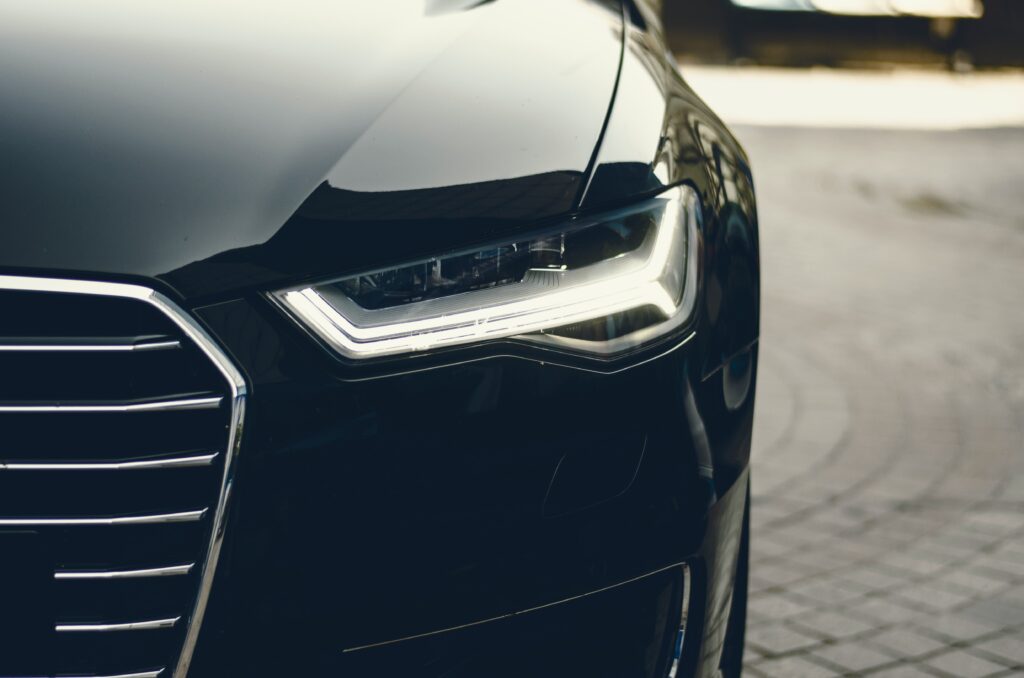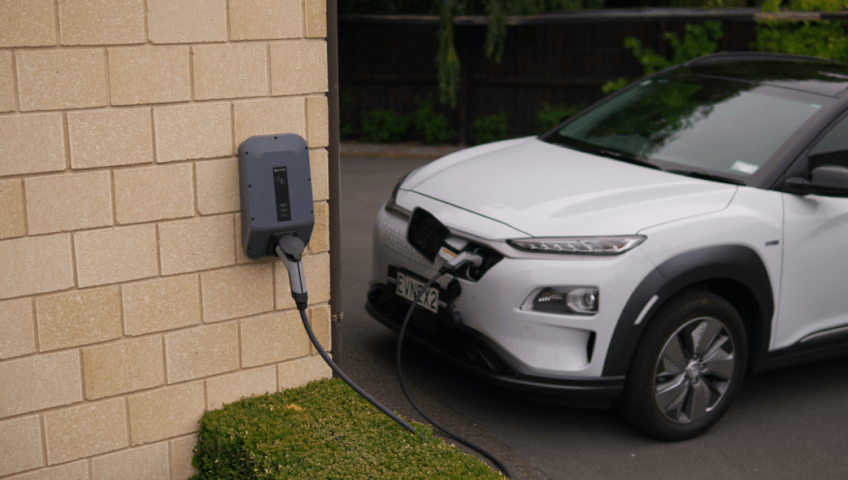If you are like most homeowners, you are curious as to whether adding an electric vehicle charging station will increase your utility bill, spur maintenance costs and prove reliable. However, EV charging is cheaper and easier than most homeowners assume. We have all the answers to the most commonly asked questions with our helpful electric vehicle charging guide.

Q: Do All Electric Vehicles Use the Same Chargers?
A: Electric vehicles (EVs) are all charged with standardized plugs. However, the current and level of charge are different on each charger.
- Level 1 is a common 120-volt household outlet, however, it is the slowest way to charge an EV, adding only 3-5 miles of range an hour.
- Level 2 is the most common level used for daily EV charging. This one can be installed at household and commercial locations. The speed is significantly higher than level 1, charging 12-80 miles of range per hour.
- Level 3 is the fastest level of charge since it uses a direct current (DC) instead of an alternating current (AC). The voltage is so high that the charging speed is 3-20 miles per minute, and can only be installed in public locations.
Q: Can You Charge Your Electric Vehicle Overnight?
A: Indeed, you can charge your electric vehicle overnight. Contrary to what some believe, there is no risk posed by potential overcharging. EV charging systems slow the charging process when the battery is near full capacity. At this point, the system decreases down to slow charging, sometimes referred to as trickle charging. Such intermittent charging occurs after a slight energy drain resulting from self-discharges.
Electric vehicles will use power from the battery to maintain electrical functions even when the vehicle is parked. Trickle charging periodically returns the charge to full after disconnecting from the type 1 or type 2 charging cable. This approach empowers electric vehicle owners to drive fully charged cars as opposed to overcharged cars when departing for work or elsewhere in the morning.
Q: How Long Does It Take To Charge Your Vehicle?
A: The length of time necessary for a full charge hinges on the battery size as well as the charging point’s speed. Currently, level 1 chargers have an average output of 2.4kW, whereas a level 2 charger has an average output of 19.5kW. This means a level 2 charger will charge ten times faster than level 1 and is perfect for daily use and overnight charging at your home.
However, level 3 is the fastest. With alternating current drawing up to 96kW and direct current being up to 120kW, a fully depleted EV battery can reach 80 percent strength within 30 minutes. The only downside to level 3 is that you would have to charge your vehicle in a public place as opposed to your home.
Q: How Much Maintenance Does an Electric Car Charger Need?
A: Car chargers do not require a significant amount of maintenance. Most private residences have a level 1 electric vehicle charging unit. Such chargers usually do not require maintenance or repairs. The United States Department of Energy has stated it is prudent to periodically replace commercial grade outlets for EV charging. Charger infrastructure maintenance requires cable storage and security, part replacement, and general cleaning. Though a car charger might require the occasional repair, most will work for years without significant or costly maintenance. You might even go years without spending more than $100 on maintenance, cleaning, and repair/replacement.
Q: Will My Electricity Bill Go Up?
A: Though your electricity bill will increase after the addition of a car charger, it won’t rise by a significant amount. Charging an electric vehicle usually adds $30 to $60 per month to a home utility bill. However, keep in mind electric vehicles are more affordable to operate and maintain than traditional automobiles as your fuel cost reduction will offset the increase. Add in the fact that utility companies often provide electric vehicle owners with discounts and there is even more reason to take the electric route.

Key Takeaways:
- Battery size will determine how long it takes to charge your vehicle. A 60kW will take around 8 hours compared to a 300kW that will take an hour.
- Electric car chargers require very little maintenance.
- Though your home utility bill will slightly increase, your fuel cost reduction will offset the increase, saving you a considerable sum of money.
Contact ROS Electric Today
ROS Electric is at your service! We offer electric car charger installation services for homeowners, businesses, building automation, and more. Reach out to us today at 201-796-2923 or send us an email at info@roselectricllc.com to find out more about our electrical services. If you prefer to contact us from our website, simply fill out our contact form and we will be in touch.


Write a Comment